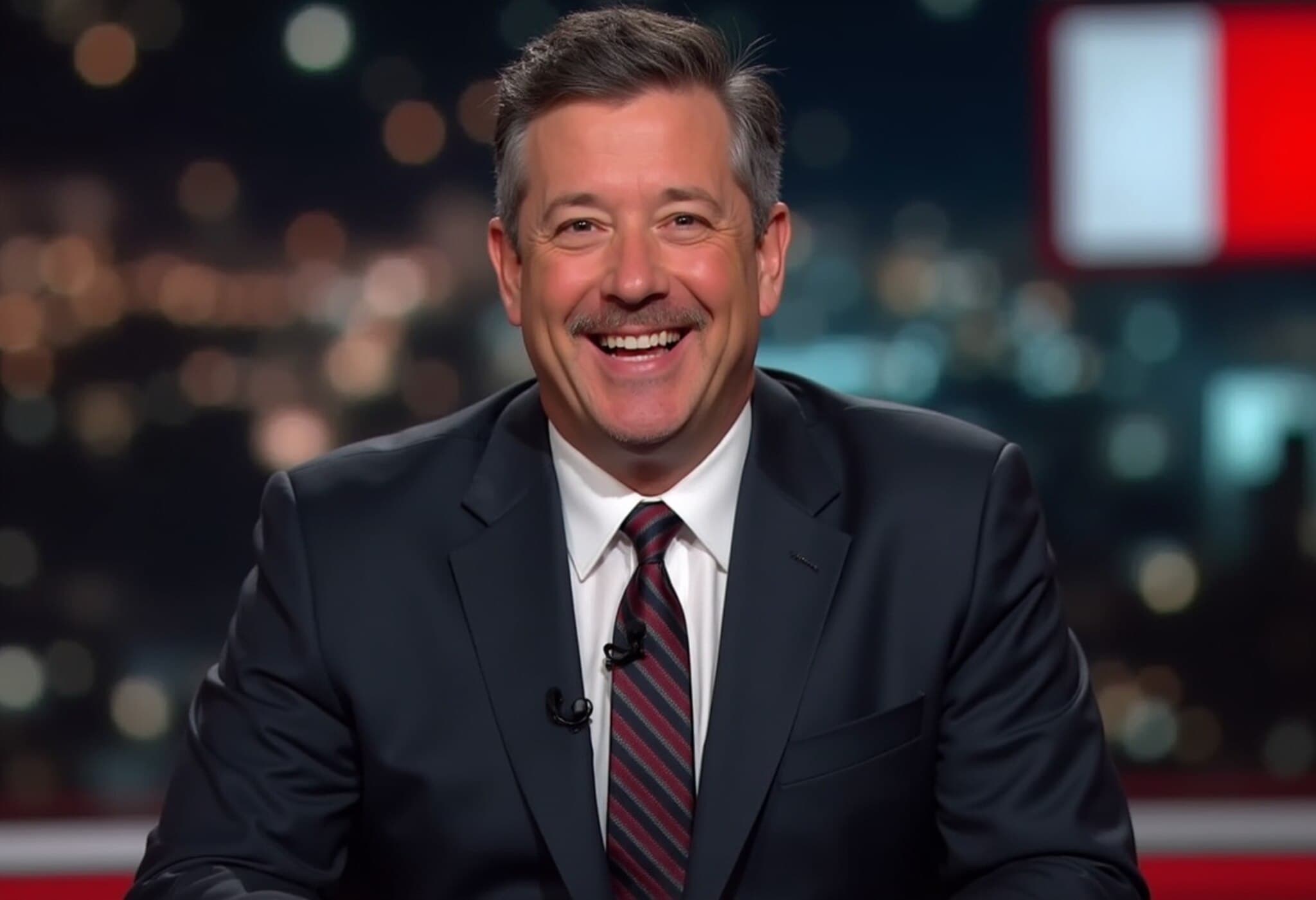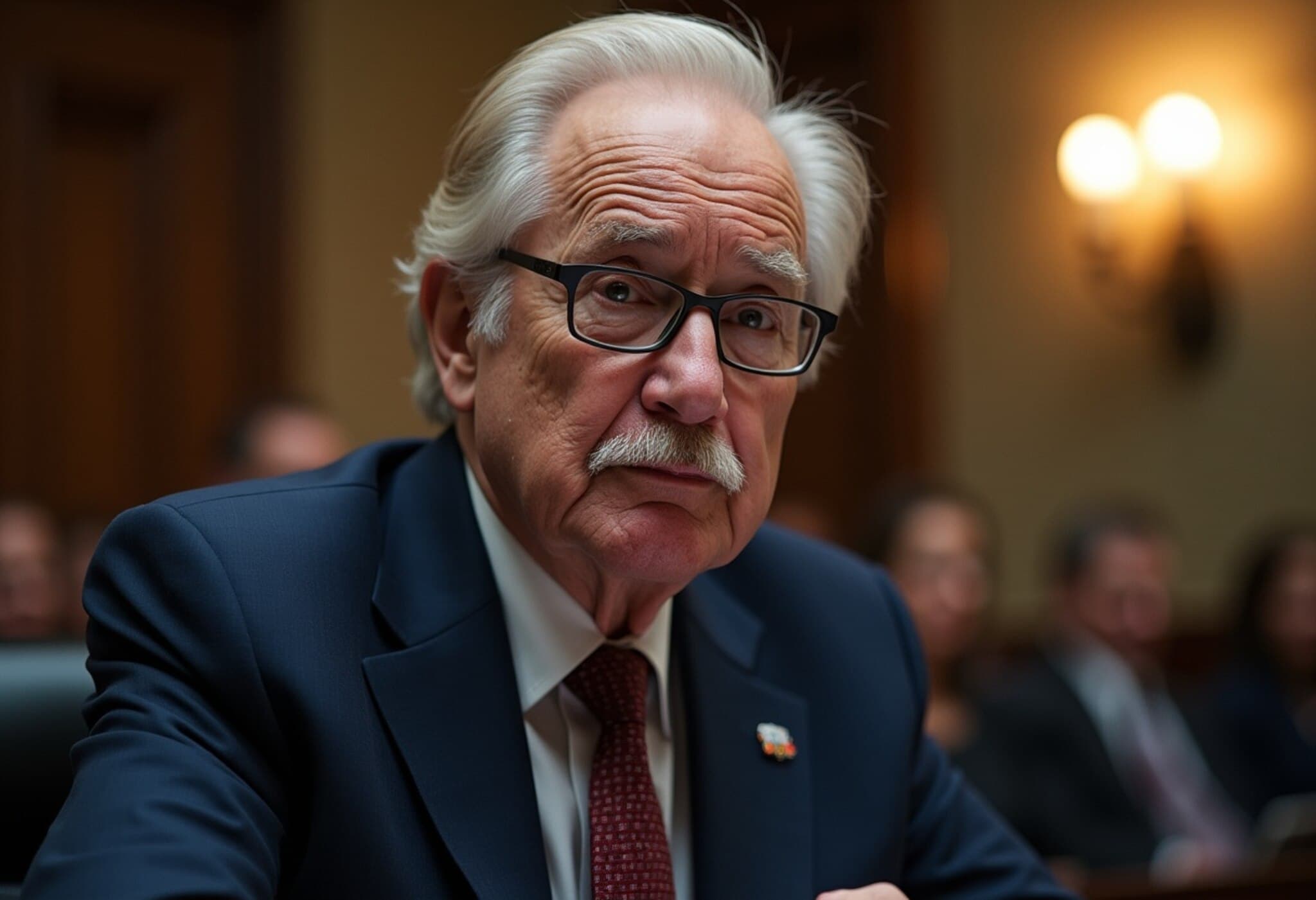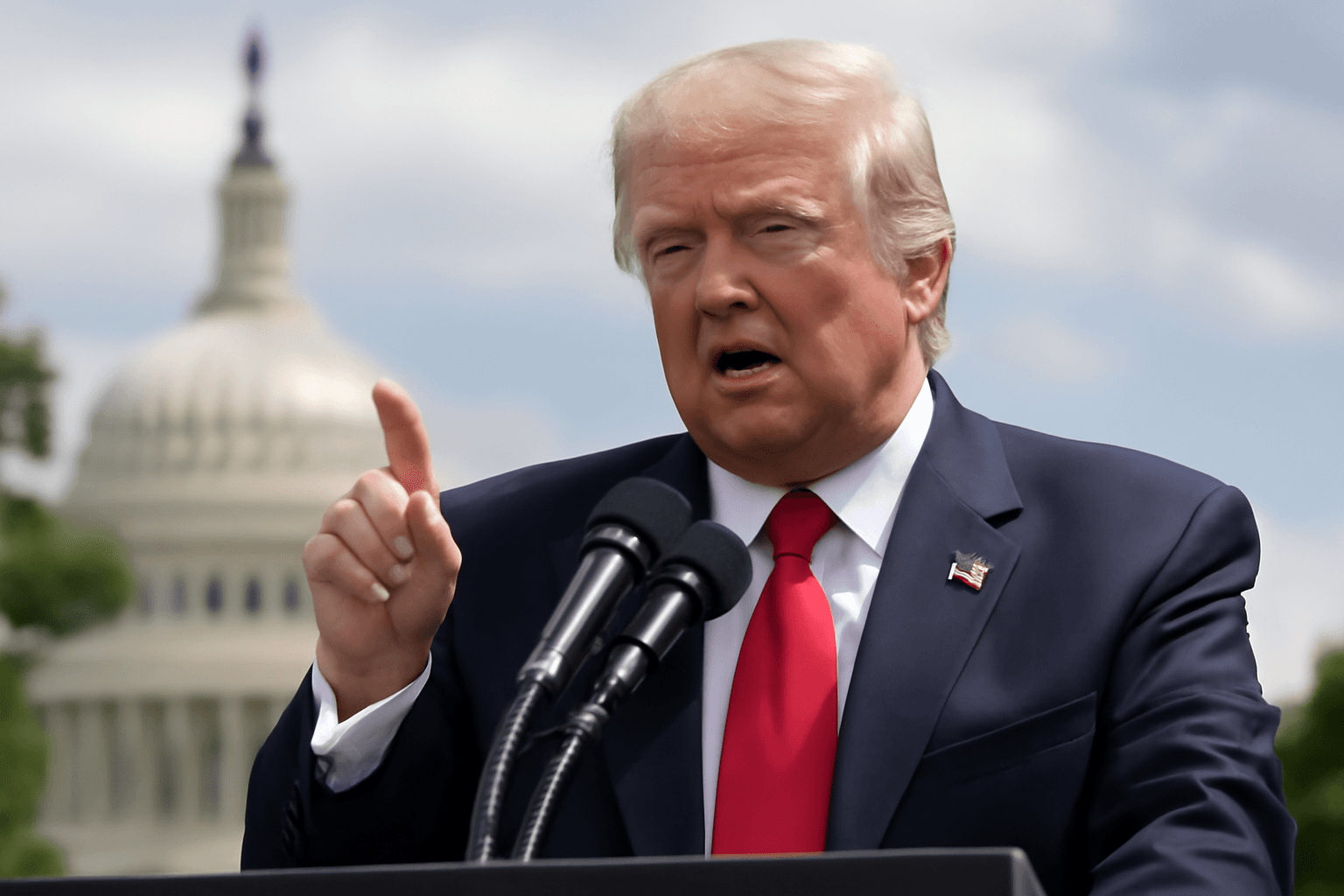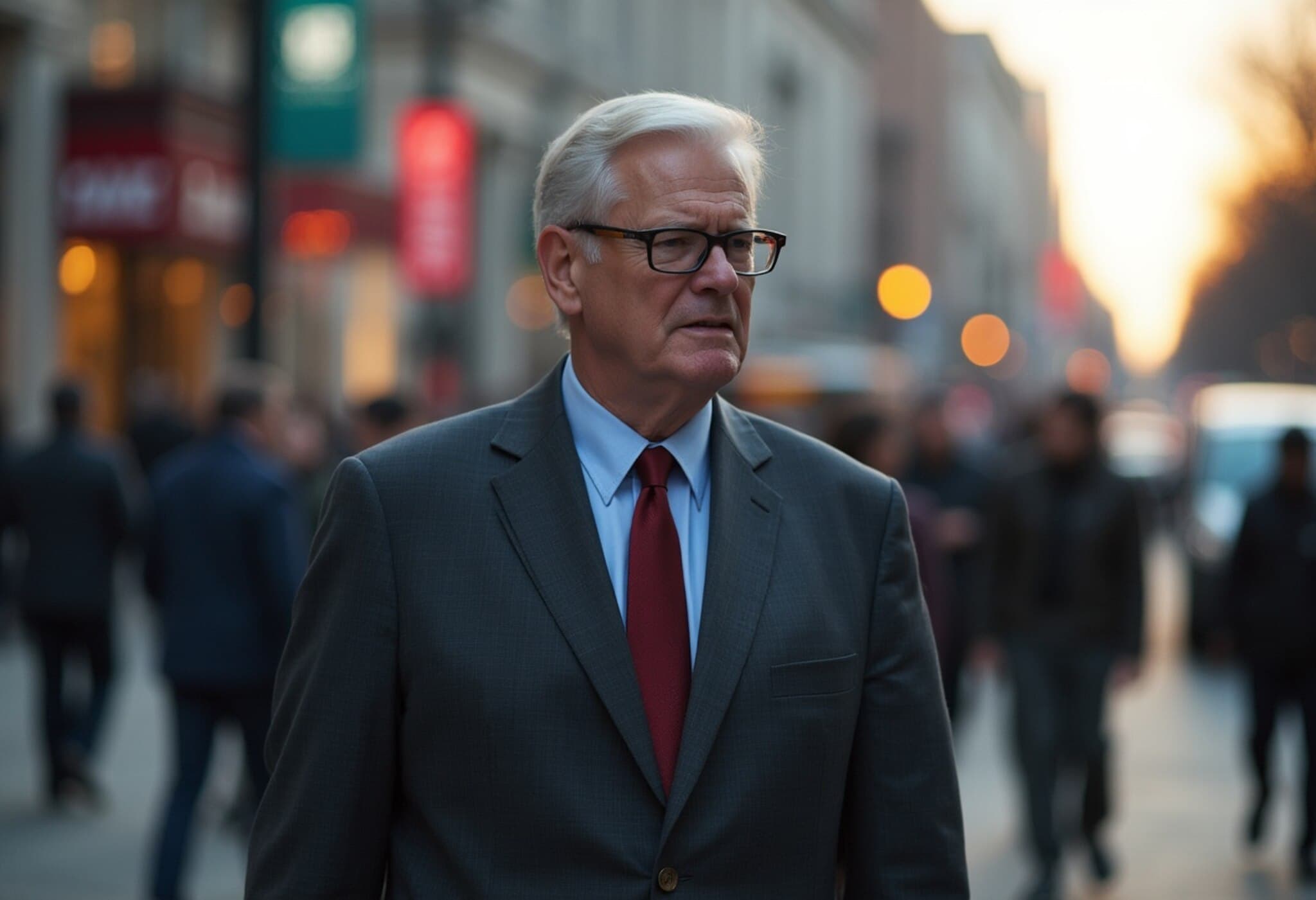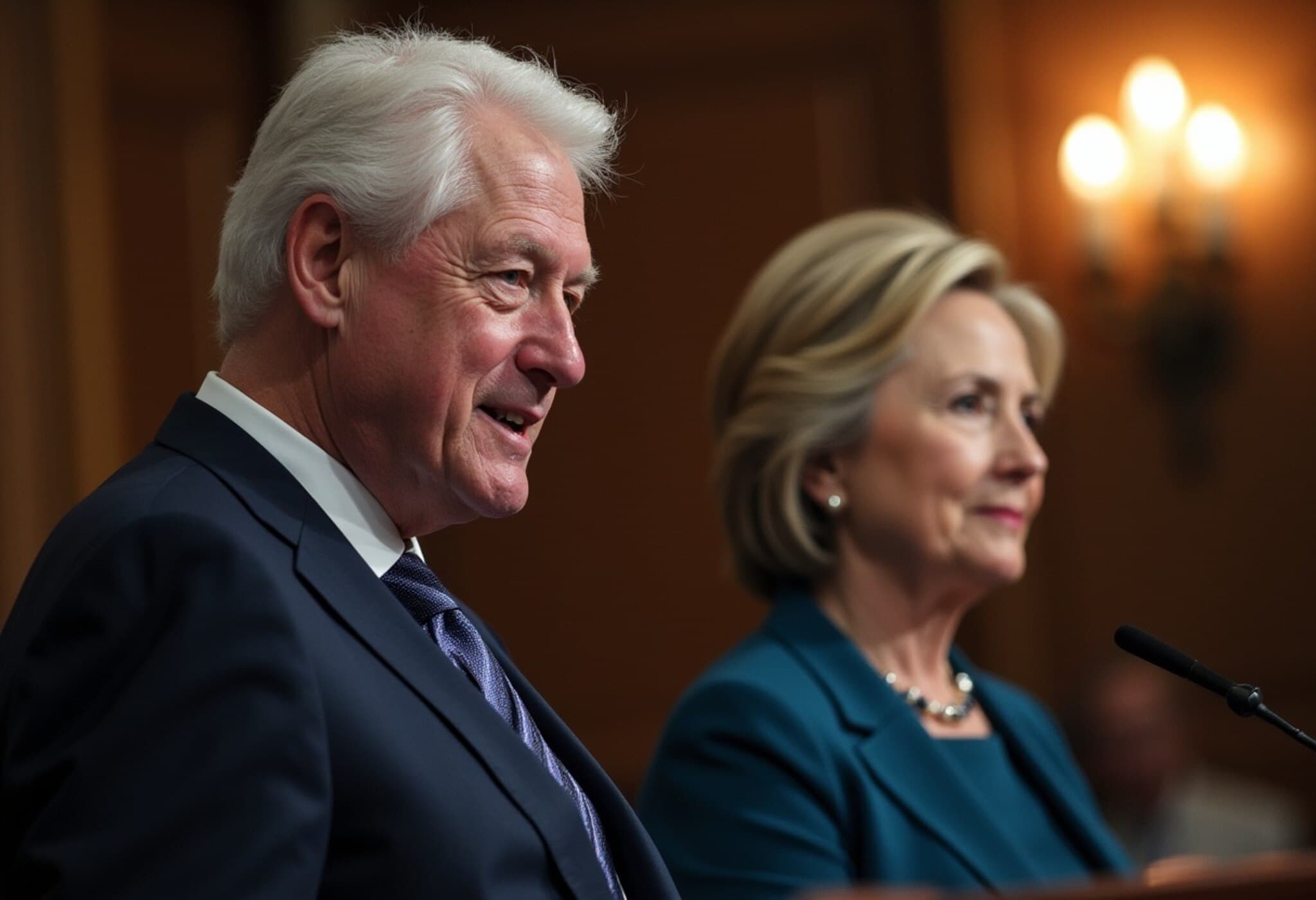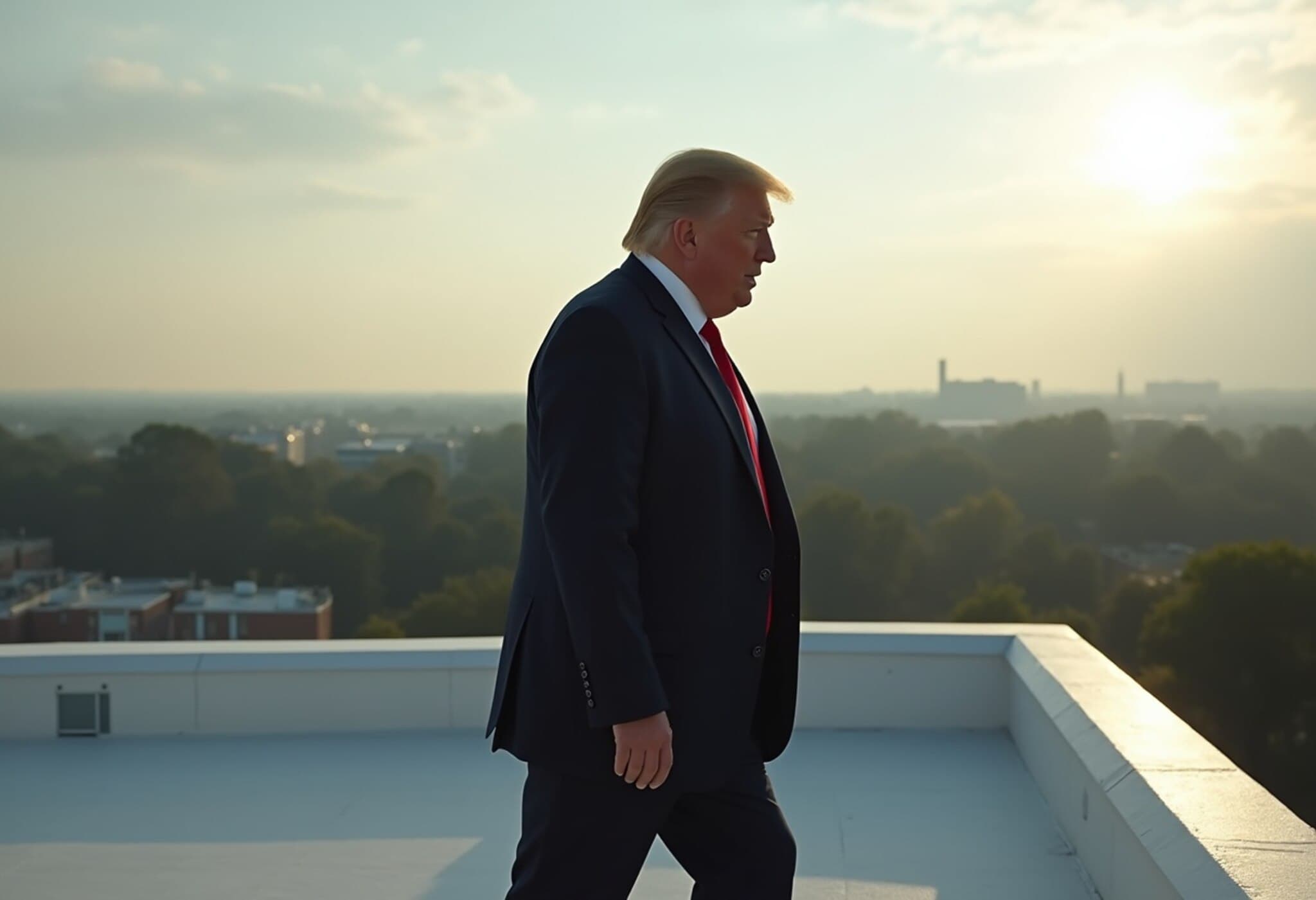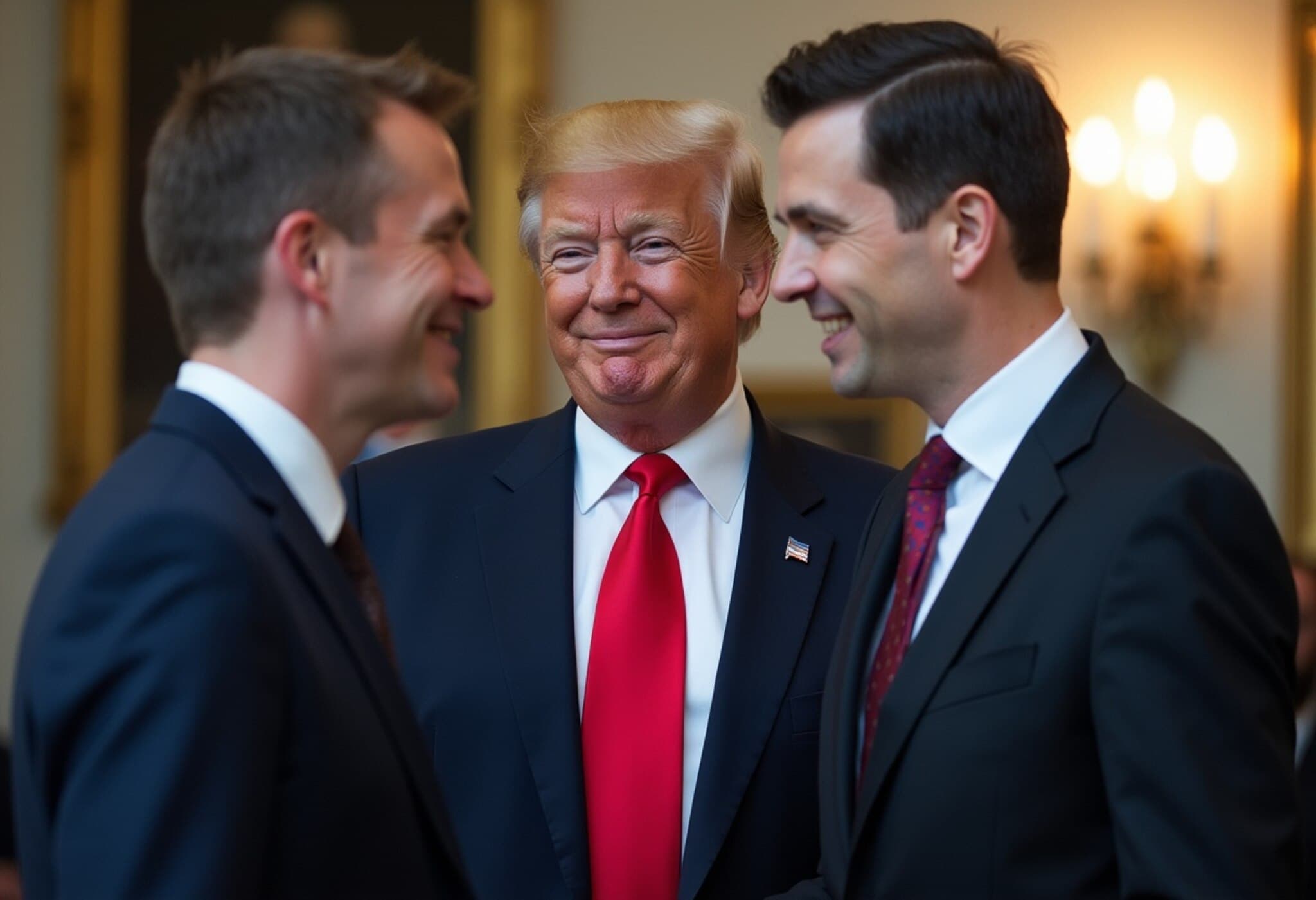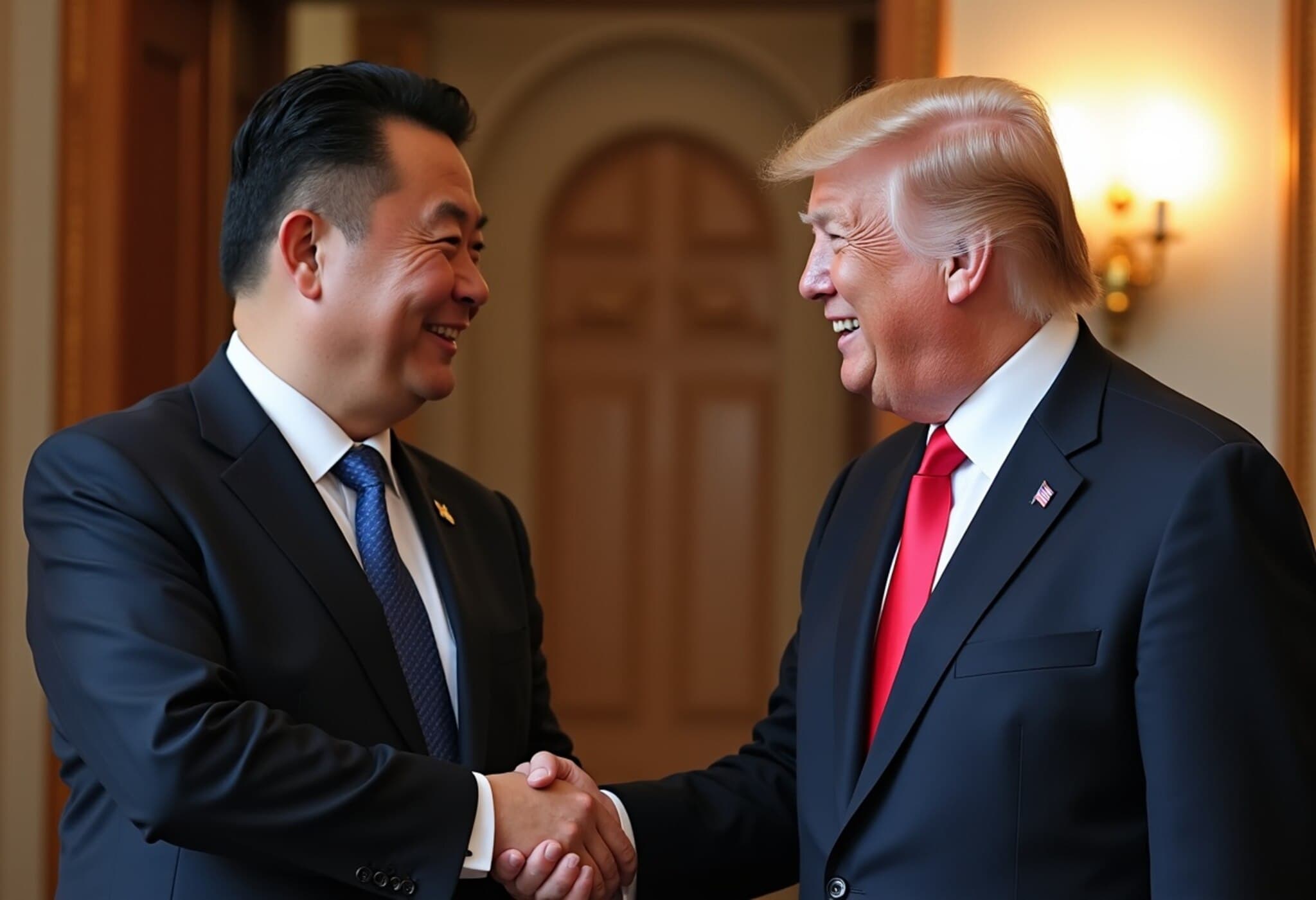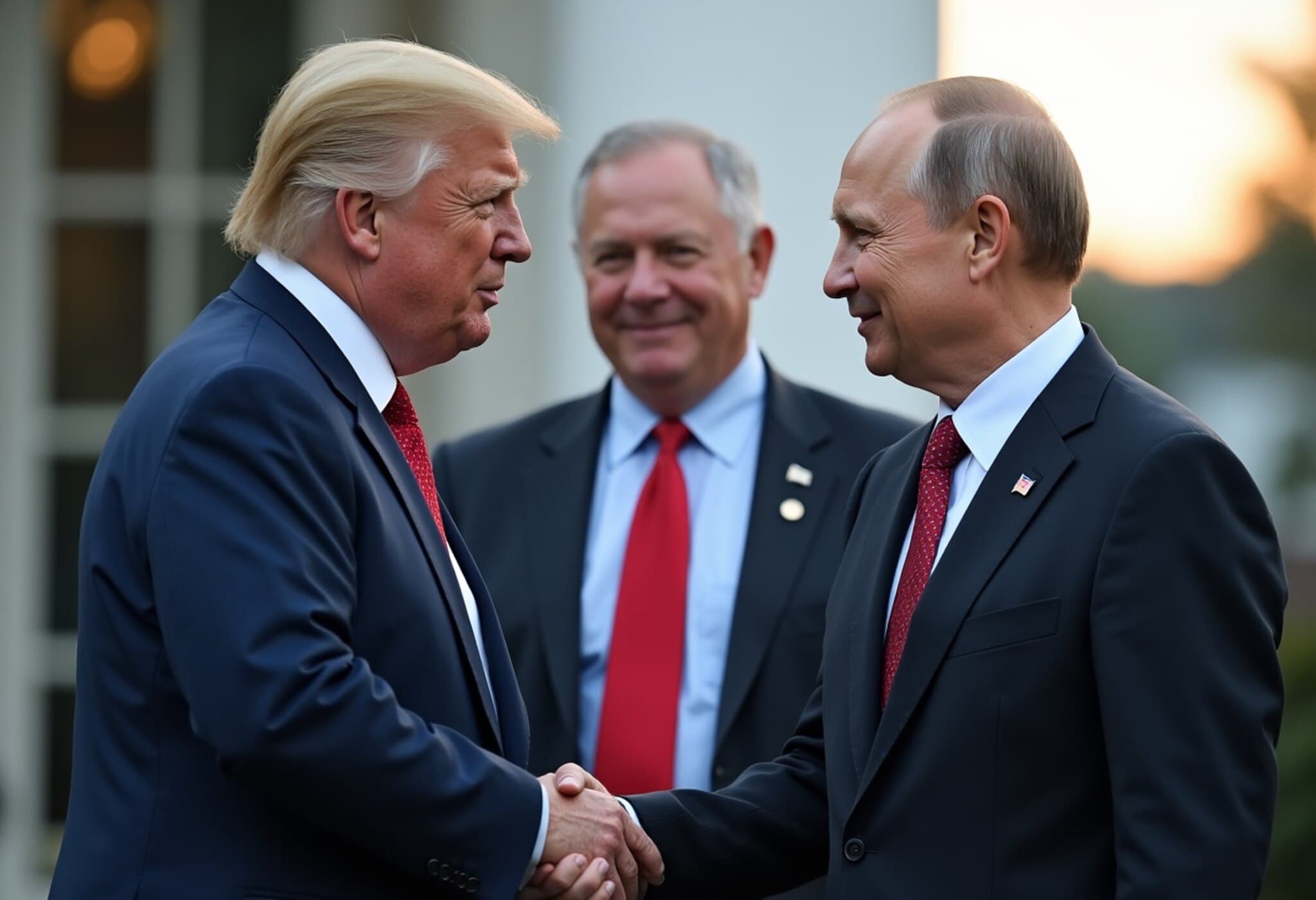Jimmy Kimmel Obtains Italian Citizenship Amid Growing Political Anxiety
Jimmy Kimmel, the renowned American late-night television host and comedian, recently disclosed that he has acquired Italian citizenship. The decision comes as Kimmel contemplates relocating to Europe, citing escalating concerns about the current political environment in the United States under President Donald Trump’s administration.
Voicing Deep-Rooted Fears on Public Platforms
On The Sarah Silverman Podcast, the 57-year-old host opened up about his fears regarding the nation's political climate. "I do have … I did get Italian citizenship. I do have that," Kimmel shared candidly. Reflecting on the socio-political unrest and divisive rhetoric, he added, "What’s going on is … as bad as you thought it was gonna be, it’s so much worse. It’s just unbelievable. I feel like it’s probably even worse than [Trump] would like it to be." These remarks underscore a sentiment shared by many Americans who feel alienated or threatened by shifting political tides.
Contextualizing Kimmel’s Concerns Within Broader Trends
Kimmel’s contemplation of moving abroad is not isolated. Over recent years, public figures and private citizens disenchanted with U.S. politics have considered or pursued dual citizenship and relocation as a form of political and personal asylum. This trend reflects deeper anxieties about governance, democratic norms, and civil liberties.
Addressing Shifts in Political Allegiances
Furthermore, Kimmel highlighted the complexity of political allegiance. He referenced podcaster Joe Rogan, who had previously supported Trump but later voiced criticism—especially regarding harsh immigration enforcement policies. While some communities are quick to dismiss those who change their minds, Kimmel emphasized the value of openness and growth. "There are a lot of people … now you see these clips of Joe Rogan saying, ‘Why’s he doing this? He shouldn’t be deporting people.’ People go, ‘F–k you, you supported him.’ I don’t buy into that. I don’t believe ‘F–k you, you supported him,'" he remarked.
Political Fallout Between Media and the Trump Administration
Kimmel’s statements emerged amidst ongoing tension between late-night hosts and former President Trump. Recently, Trump publicly targeted Kimmel and Jimmy Fallon, suggesting they might be the next television personalities to lose their shows. He claimed, “Fallon has no talent. Kimmel has no talent. They’re next. They’re going to be going,” contrasting them unfavorably with other late-night figures like Stephen Colbert.
Broader Implications for American Media and Public Discourse
The dynamics between political leaders and entertainers like Kimmel highlight deeper cultural and ideological divides. Late-night television functions as both satire and social commentary, often serving as a lens through which audiences digest and critique contemporary politics. When leading figures in media feel compelled to seek citizenship elsewhere due to political anxiety, it poses challenging questions about freedom of expression, democratic resilience, and national identity.
Expert Insight: The Increasing Impact of Political Climate on Diaspora Decisions
Experts in political sociology note that Kimmel’s experience echoes a broader pattern where political instability and erosion of civil liberties prompt individuals with means or dual-nationality eligibility to consider expatriation. Especially in democracies facing polarization, public figures’ reactions often influence wider public perceptions and decisions.
What This Means for the American Public
- Citizenship as a Safety Net: Dual citizenship can provide a sense of security amid political uncertainty.
- Cultural and Emotional Tug-of-War: Deciding to leave one’s homeland often involves significant emotional and cultural considerations.
- Media’s Role in Political Polarization: Late-night hosts shape and reflect public moods, making their responses valuable barometers.
Editor's Note
Jimmy Kimmel’s revelation about his Italian citizenship and his inclination to relocate to Europe isn’t merely celebrity gossip—it’s a powerful lens into how U.S. political divisions ripple beyond traditional arenas, affecting even cultural icons. His perspective challenges Americans to reflect on what it means to feel politically vulnerable in one's own country and the measures people might take to seek stability. As political tensions linger, Kimmel’s story raises the critical question: How might these undercurrents shape the future of American civic life, media freedom, and national identity?
For American viewers and policymakers alike, understanding such underreported personal narratives can enrich the conversation about democracy’s resilience in turbulent times.

